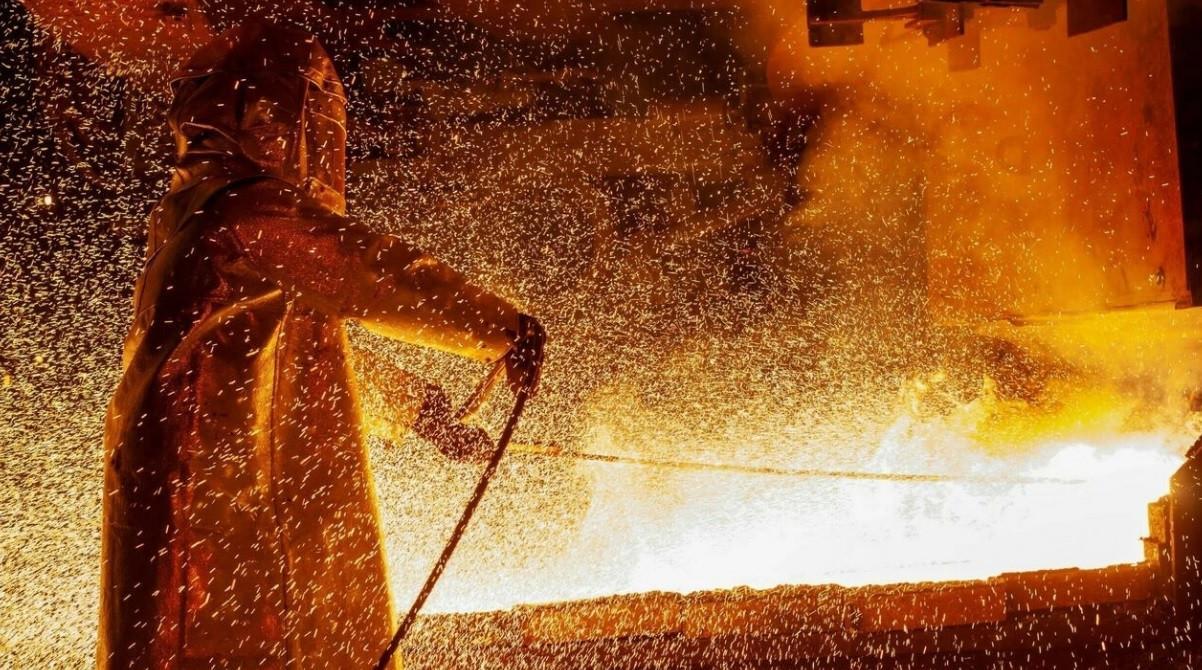
The play by Xiang Guangda, China’s “Nickel King,” was to use his influential market position to short the metal, wait for the price to drop, then soak up the rewards when the value bounced back. But then Russian President Vladimir Putin invaded Ukraine and things got complicated - fast.
Russia is one of the world’s biggest producers of nickel ore, a key component of batteries for electric vehicles.
As concussive Western sanctions over the invasion struck, the price of the silver-white metal rocketed to a record above $100,000 per ton.
That was too high for Xiang and the entire metals sector, forcing the 145-year-old London Metals Exchange (LME) to suspend trading for a week and leaving nickel-reliant manufacturers struggling to digest the spike in costs.
Stuck in its positions - reports estimate it was holding at least 100,000 tons - Xiang’s company Tsingshan Holdings Group was suddenly on the hook for billions of dollars.
Tsingshan, the world’s biggest nickel producer, has been forced to buy back a large number of nickel contracts at higher prices to reduce its exposure.
A Bloomberg News report estimates the buy-back has contributed to a loss of $8 billion, suggesting the firm may need a possible bailout by Chinese authorities.
“Xiang is a shrewd player, but he was caught off guard with the Russian issue,” Li Bin, a nickel trader in Shanghai said.
When nickel trading resumed last week prices plunged to about $37,200 a ton - still 50 percent higher than in February - as volatility courses through the market.
“After the historic squeeze, nickel is still struggling to find a price,” Susan Zou, senior metals analyst at Rystad Energy said.
Xiang started his career as a mechanic in a state fishery and now owns two sprawling nickel manufacturing hubs in Indonesia.
These include the Morowali industrial park that spans 2,000 hectares with 44,000 workers and its own airport and is seen as a guarantee a cheap supply of ore for Tsingshan’s China-side furnaces.
After his short went wrong, Tsingshan has to either pay off its debts or prove it has sufficient deliverable nickel to repay in kind.
“We are closely watching his next move because it could still roil markets,” said Li, the Shanghai nickel trader.
Those rising costs are already being felt by makers of EVs including Tesla and 20 other Chinese rivals such as Xpeng and BYD, which have all hiked vehicle prices over the past two weeks citing a rise in raw material costs.
“The price and supply shocks have pushed major battery makers to look for alternative metals to power electric vehicles,” analyst Zou said.